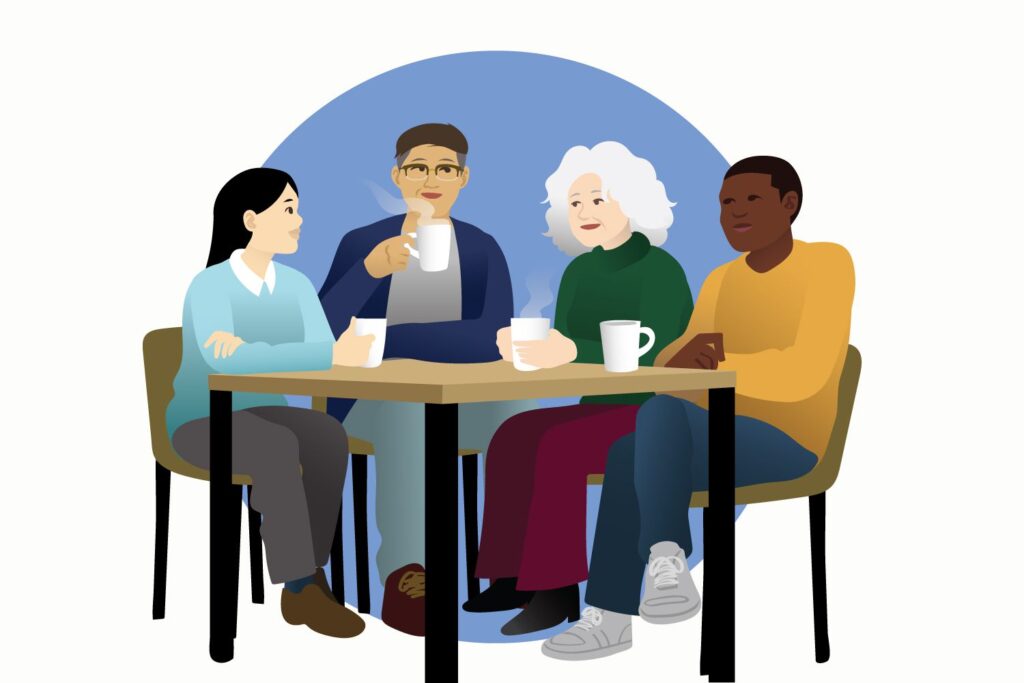Encourage Intergenerational Friendships on Your Team

| Managers today are tasked with leading up to five generations at the same time, making intergenerational relationships at work more important than ever before. Well-managed generational diversity has the potential to bring substantial benefits, ranging from knowledge transfer and mentoring to innovation and reduced turnover. Here’s how to foster and nurture these relationships on your team.
Dismantle stereotypes and suspend judgment. Initiating discussions that call people’s assumptions about particular generations into question and mitigate age-based biases on your team is a crucial first step to identifying—and reversing—generational misperceptions. Spotlight the benefits of an intergenerational team. People from different generations tend to have different strengths at work. Create opportunities for colleagues to mentor and coach each other on their complementary skill sets. Build community. Set up informal, communal work and community spaces—or a series of recurring virtual meetings—that encourage employees to connect casually. Emphasize a shared purpose. Aligning your team around a common goal, mission, and vision will help foster unity across generational divides. |
| This tip is adapted from “Why We Need Intergenerational Friendships at Work,” by Megan W. Gerhardt |
Source: Gerhardt, M.W. (2024). Why We Need Intergenerational Friendships at Work. Harvard Business Review. From: Why We Need Intergenerational Friendships at Work (hbr.org) Retrieved on 19/03/2024 15:00
shared by: Nugroho J. Setiadi, PhD LinkedIn: https://www.linkedin.com/in/nugroho-j-setiadi-8b9b0116/ Google citation index: https://scholar.google.com/citations?user=7kvetHUAAAAJ#%21



Comments :